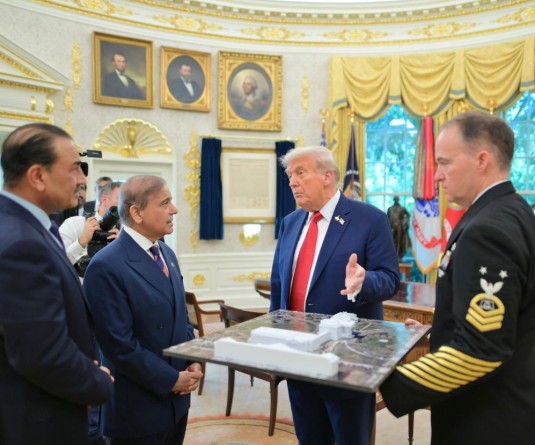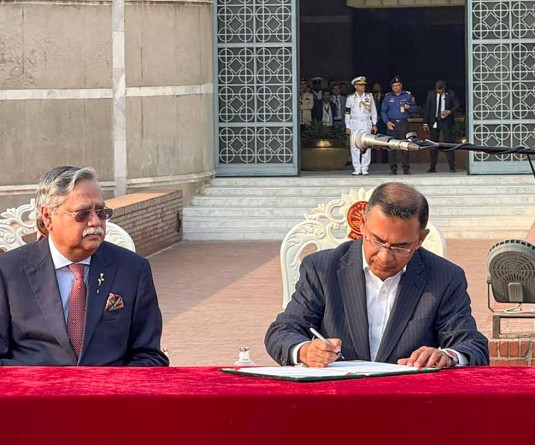FILE PHOTO: Paramilitary police officers swap positions during a change of guard in front of Potala Palace in Lhasa, during a government-organised tour of the Tibet Autonomous Region, China, October 15, 2020. Picture taken October 15, 2020. REUTERS/Thomas Peter/File Photo
SHANGHAI, November 21 (Reuters): The head of the Tibetan government in exile has visited the U.S. White House for the first time in six decades, a move that could further infuriate Beijing, which has accused the United States of trying to destabilise the region.
Lobsan Sangay, President of the Central Tibetan Administration (CTA), was invited to the White House to meet the newly appointed U.S. Special Coordinator for Tibetan Issues, Robert Destro, on Friday, the CTA said in a press release.
"This unprecedented meeting perhaps will set an optimistic tone for CTA participation with U.S. officials and be more formalised in the coming years," said the CTA, which is based in India's Dharamshala.
Tibet has become one of the areas of dispute between the United States and China, with relations between the world's two biggest economies at their lowest point in decades.
U.S. Secretary of State Mike Pompeo accused Beijing in July of violating Tibetan human rights and said Washington supported "meaningful autonomy" for the region.
Beijing officials have since accused the United States of using Tibet to try to promote "splittism" in China. China has also refused to engage with Destro.
China seized control over Tibet in 1950 in what it described as a "peaceful liberation" that helped it throw off its "feudalist past", but critics led by the exiled spiritual leader the Dalai Lama say Beijing's rule amounts to "cultural genocide".
Chinese President Xi Jinping said in August that China needed to build an "impregnable fortress" in Tibet in order to protect national unity.






